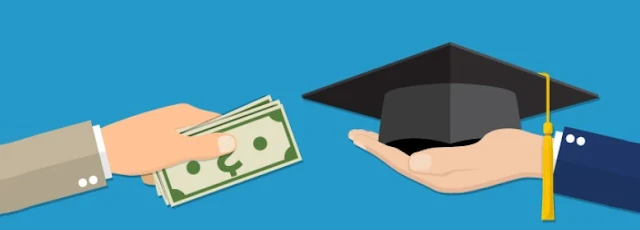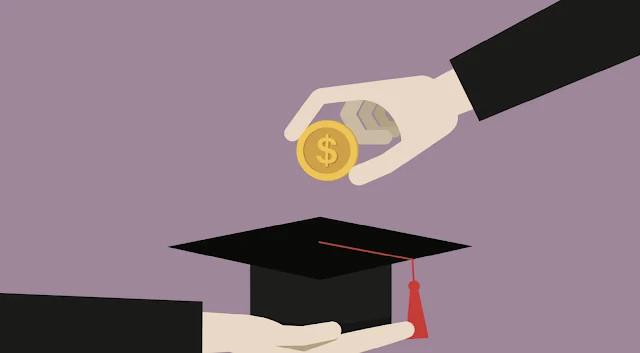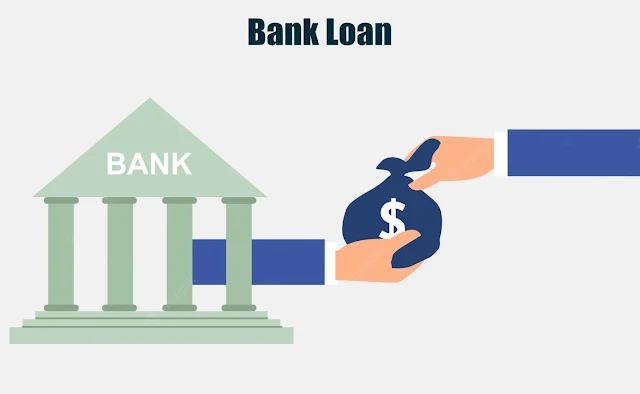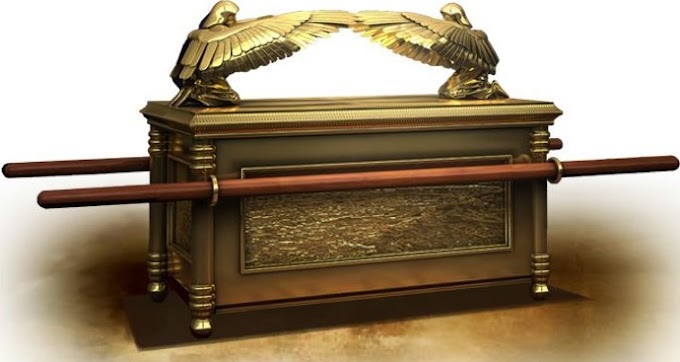student loans
1. The Pros and Cons of Student Loans
The Pros and Cons of Student Loans
 |
| The Pros and Cons of Student Loans || Personal Loans || Bank Loans |
The high cost of college tuition is one of the main reasons why many students take out student loans. While student loans can help you pay for your education, they also come with some drawbacks. In this blog post, we'll explore the pros and cons of student loans to help you decide if they're right for you.
The Pros of Student Loans
1. Student loans can help you pay for your education.
If you're struggling to pay for college, student loans can be a lifesaver. By taking out a loan, you can cover the cost of tuition, books, and other education-related expenses. This can allow you to focus on your studies instead of worrying about how you're going to pay for school.
2. Student loans can help you build your credit.
If you make your student loan payments on time, you can build up your credit score. This can be helpful later on when you're looking to take out a mortgage or a car loan. A good credit score can also help you get approved for credit cards with low-interest rates.
3. Student loans offer flexible repayment options.
Many student loans offer flexible repayment options, which can be helpful if you're struggling to make your payments. For example, you may be able to choose an income-based repayment plan, which bases your payments on a percentage of your income. This can make repaying your loans more manageable.
The Cons of Student Loans
1. Student loans can be expensive.
While student loans can help you pay for college, they can also be expensive. Interest rates on student loans can be high, which means you'll end up paying more than you borrowed in the long run. Additionally, if you default on your loan, you'll be responsible for paying back the full amount plus any fees and interest.
2. Student loans can delay your financial goals.
If you have student loans, you may have to delay your financial goals, such as buying a house or saving for retirement. This is because you'll need to use a significant portion of your income to make your student loan payments.
3.
2. The Pros and Cons of Personal Loans
 |
| The Pros and Cons of Student Loans || Personal Loans || Bank Loans |
There are a lot of things to consider before taking out a personal loan, and it’s important to understand both the pros and cons. Personal loans can be a great way to consolidate debt, finance a large purchase, or cover an emergency expense. But they also come with risks, and it’s important to understand those before you sign on the dotted line.
The biggest pro of a personal loan is that it can give you the money you need at a lower interest rate than other forms of borrowing, like credit cards. Personal loans also have a fixed interest rate, so you’ll know exactly how much your monthly payments will be. And, if you have good credit, you may be able to qualify for a low-interest personal loan.
The biggest con of a personal loan is that it’s a form of debt. That means if you can’t make your payments, you could damage your credit score or even end up in collections. So it’s important to only take out a personal loan if you’re confident you can make the payments.
Another potential downside of a personal loan is that some lenders charge origination fees. That’s a fee charged just for taking out the loan, and it can add up. So, if you’re considering a personal loan, be sure to compare offers to find the one with the lowest fees.
Finally, personal loans typically have shorter repayment terms than other types of loans, like mortgages. That means you’ll have to make your payments more frequently, which can be a challenge if you’re on a tight budget.
All in all, personal loans can be a great way to get the money you need at a lower interest rate. But they’re not right for everyone, and it’s important to understand the pros and cons before you apply.
3. The Pros and Cons of Bank Loans
 |
| The Pros and Cons of Student Loans || Personal Loans || Bank Loans |
When it comes to taking out a loan, there are a few things to consider. Namely, what type of loan are you taking out and what are the terms of the loan? For many people, a bank loan is the best option. But what are the pros and cons of bank loans?
The Pros of Bank Loans
There are a few key advantages to bank loans. First, bank loans tend to have lower interest rates than other types of loans. This is because banks are typically more stable and have lower borrowing costs than other lenders.
Second, bank loans are often more flexible than other types of loans. This means that you may be able to negotiate a longer repayment period or even a lower interest rate.
Finally, bank loans are usually more accessible than other types of loans. This is because banks typically have more branches and ATMs than other lenders. This means that you’ll be able to get your loan faster and with less hassle.
The Cons of Bank Loans
There are a few drawbacks to bank loans as well. First, bank loans can be more difficult to qualify for than other types of loans. This is because banks typically have stricter eligibility requirements.
Second, bank loans can be more expensive than other types of loans. This is because bank loans often have origination fees and other charges that other loans don’t have.
Finally, bank loans can be more difficult to repay than other types of loans. This is because banks typically have shorter repayment periods and higher interest rates. This means that you’ll need to make your payments on time and in full to avoid penalties.









In the article that you have any questions please let me know